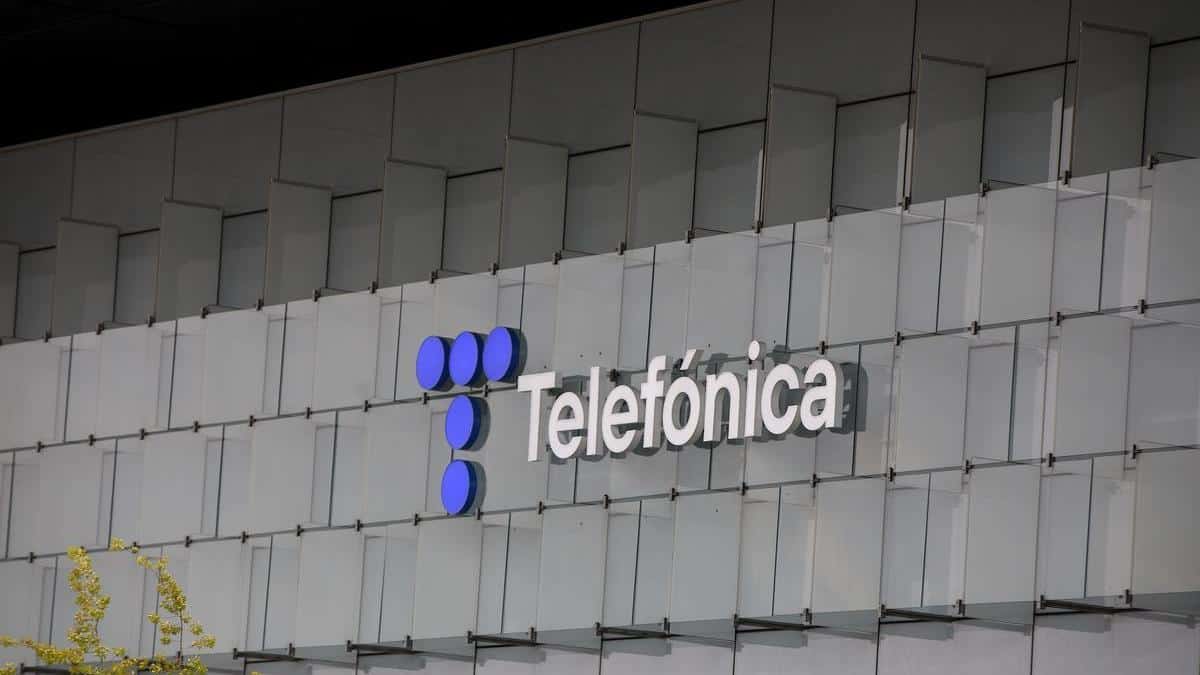Telefónica, the leading telecommunications company in Spain, has recently announced a partnership with Chainlink, a Web3 oracle provider, in order to fortify security measures against SIM swapping. This vulnerability is frequently exploited by malicious actors as a means to inside their intended targets. In order to prevent hackers from authorizing transactions using compromised SIM cards, the organizations intend to develop new tools that blockchain developers can employ.
Through this collaboration, Telefónica will utilize Chainlink Functions, a connectivity solution developed by Chainlink, to establish a secure connection between the Polygon blockchain network and application programmable interfaces (APIs) on GSMA Open Gateway. The integration enables Chainlink-based data verification from multiple sources in conjunction with a standard infrastructure of network APIs intended to grant access to operator networks.
A SIM swap attack is a form of identity theft in which hackers obtain access to sensitive data such as cryptocurrency accounts, credit card numbers, or bank account credentials by assuming control of their victim’s mobile phone number. It is a pervasive and effective hacking method that has even affected large organizations such as the Securities and Exchange Commission of the United States.
The GSMA Open Gateway is an API framework that grants developers access to the networks of Global System for Mobile Communications (GSMA) member mobile operators.
The initial implementation will leverage Chainlink Functions in conjunction with GSMA’s Open Gateway SIM SWAP API to enhance the security of blockchain transactions. This integration will enable smart contracts to verify whether unauthorized modifications have been made to a device’s SIM card. Refusing to process transactions, a smart contract will intercept an API response indicating that a SIM swap has occurred.
Telefónica’s chief metaverse officer, Yaiza Rubio Viñuela, described this as the “first use case” of the GSMA Open Gateway SIM Swap API, thereby establishing the organization as a “Web3 enabler.” Additionally, she stated that this would allow them to collaborate with developers as the sector enters what she termed the “web of the future.”
As stated in a statement by Telefónica, the integration improves the security of transactions and fortifies the protection of blockchain transactions through the provision of an application programming interface (API) through which smart contracts can request information. This guarantees that the SIM card of the device “has not been modified without authorization.”



































